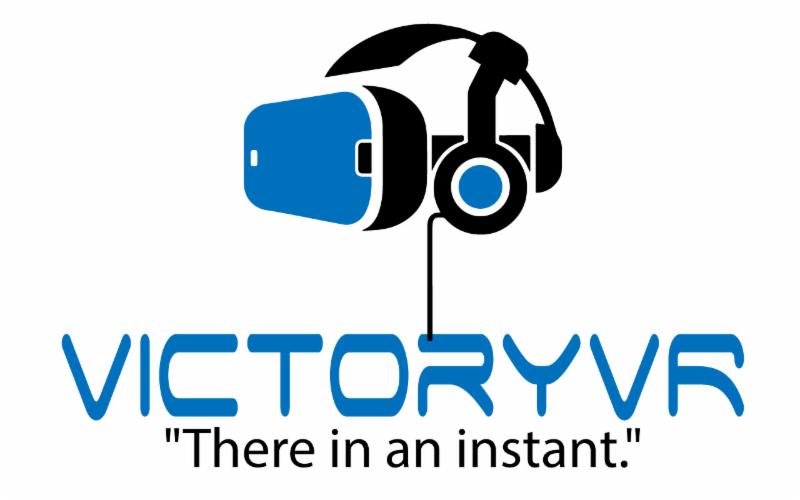VictoryVR Uses Oculus Rift In Science Education Curriculum
Last January, Google launched a pilot program called Google Expeditions that supplied tablets and Google Cardboard hardware to a selection of classrooms in the U.S. and abroad, but that was just the beginning. Now that high-end VR hardware is readily available, at least one company is building educational experiences for elementary students that go beyond the capabilities of Cardboard viewers.
VictoryVR is preparing to launch the first installation of a virtual reality science curriculum. Its science education platform includes virtual field trips to bring students to the places they learn about and science experiments taught by “an elite national teacher.” VictoryVR said the platform also includes movies for students to watch in the Oculus virtual theater.
“Letting students immerse themselves in science and technology learning through virtual reality is one of the promising uses of this new technology,” said Steve Grubbs, CEO of VictoryVR. “Not only does it block out distraction, but it creates a 10x improvement over most existing forms of learning.”
VictoryVR’s first client is Buffalo Elementary School in Buffalo, Iowa. The school received a grant from the Bechtel Trust to help pay for the installation. Thanks to the deal, for the next five years, students at Buffalo Elementary will have access to three Oculus Rift headsets, computers to run the equipment, and the VictorVR School Curriculum Library.
The school is rolling out VictoryVR’s VR education platform on Tuesday, January 17, 2017, but it's just the first to implement it. VicotoryVR plans to sell the VR curriculum to schools around the nation for the 2017-18 school year.
Whether you love it, hate it, or are indifferent to it, virtual reality is exciting technology that has great potential to change the way we live, far beyond the confines of the entertainment mediums of gaming and film.
Immersive technology applies to many aspects of our lives, such as improved productivity through telepresence communication and virtualized workspaces; medical advancements, such as paralysis therapy through virtual experiences, or brain damage detection with eye tracking; and even virtual travel, such as via Google Earth VR and Destinations.
Get Tom's Hardware's best news and in-depth reviews, straight to your inbox.
With VR breaking into a wide variety of industries, it shouldn’t come as a surprise that the education sector is starting to embrace this new technology and explore its potential to help students learn in an exciting and engaging way. We recently saw the potential for immersive VR education while taking in the Mars Odyssey VR experience, so we can attest to the exciting and engaging aspect of learning through VR experiences.
Kevin Carbotte is a contributing writer for Tom's Hardware who primarily covers VR and AR hardware. He has been writing for us for more than four years.
-
JakeWearingKhakis As true as it may be that it improves their learning, and focus, I do wonder about the side effects if any.Reply
I'm all for it if they don't throw in subliminal messages/brainwash my kids :D Science Fiction style. -
sgrubbs The side effects question is a big one. At this point, we are only producing science curriculum for grades 5-8 until more research is done on younger kids. The teachers we are talking to are very excited to see how ADD and ADHD kids do with this.Reply
-- Steve Grubbs, VictoryVR CEO -
loki1944 If it's a big one then you shouldn't be doing it at all until conclusive testing over time has confirmed the side effects. But hey, $$$ over kids.Reply
